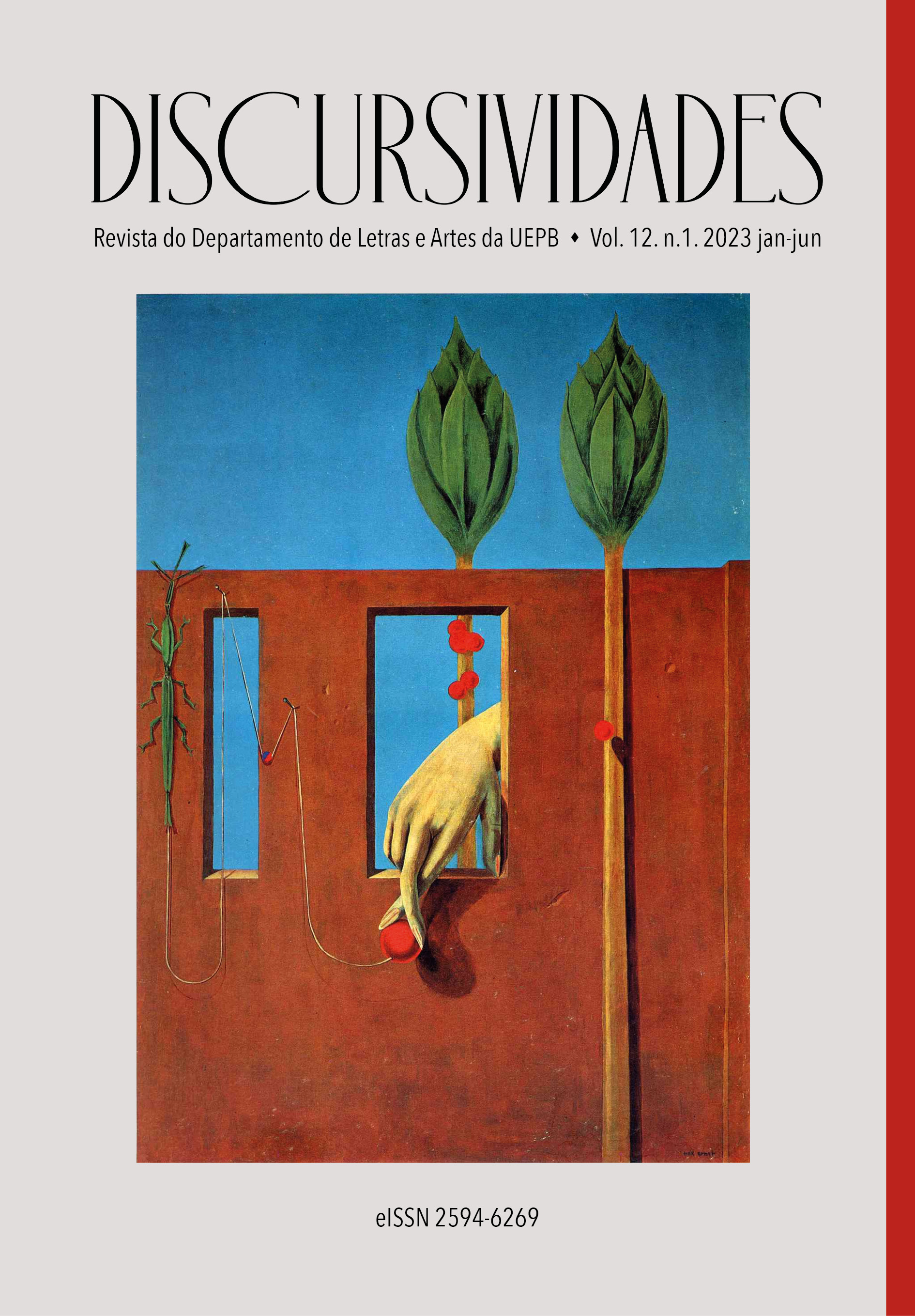“The listening of memory”: the oral narrative as a source of memory
DOI:
https://doi.org/10.29327/256399.12.1-2Keywords:
Language. Memory. Report.Abstract
This article intends to reflect about the oral report recognized by us as a source of memory. The search presents a linguistic foundation anchored in the studies of the linguist Émile Benveniste, especially those aimed at the presence of man in the language. With regard to the issue of memory, we seek a philosophical view, supporting ourselves in the reflections of Paolo Rossi. Methodologically, the analysis procedures result from a bibliographic review, from which concepts are mobilized to be explored in observance of the corpus selected for this study: oral reports bound to the project Listening to memory: Passo Fundo and its stories, produced by the Oral Memory and Image Laboratory of the Graduate Program in History at the University of Passo Fundo. As part of the conclusions, it is observed that the oral narrative is a source of memory capable of presenting the complexity of man’s rela- tions with the world, and should be considered a heritage of society.
References
AGAMBEN, Giogio. O que resta de Auschwitz. São Paulo: Boitempo, 2008.
BENVENISTE, Émile. Observações sobre a função da linguagem na descoberta freudiana. In:___________ . Problemas de lingüística geral I. Campinas, SP: Pontes, 2005. p. 81-94.
MEYRER, Marlise Regina. Quinze de novembro: fronteiras da (in)tolerância, Passo Fundo (1940-1955). São Leopoldo: Oikos, 2016.
PESAVENTO, Sandra Jatahy. História, memória e centralidade urbana. Rev. Mosaico, v.1, n.1, p.3-12, jan./jun., 2008.
SAUSSURE, Ferdinand. Curso de linguística geral. Tradução Antônio Chelini, José Paulo Paes e Izidoro Blinkstein. São Paulo: Cultrix, 2006.
ROSSI, Paolo. O passado, a memória, o esquecimento: seis ensaios da história das ideias. São Paulo: Unesp, 2010.
THOMPSON, Paul. A voz do passado: História Oral. Rio de Janeiro: Paz e Terra. 1998
Downloads
Published
How to Cite
License
Copyright (c) 2023 Catiúcia Carniel Gomes

This work is licensed under a Creative Commons Attribution 4.0 International License.
Authors who publish in this journal agree to the following terms:
a) Authors retain copyright and grant the journal the right of first publication. The articles are simultaneously licensed under the Creative Commons Attribution 4.0 International Public License (CC BY 4.0) which allows the sharing of the work with acknowledgment of its authorship and initial publication in this journal.
b) Discursividades journal offers immediate free access to its content, following the principle that making scientific knowledge available to the public free of charge provides greater global democratization of knowledge.






